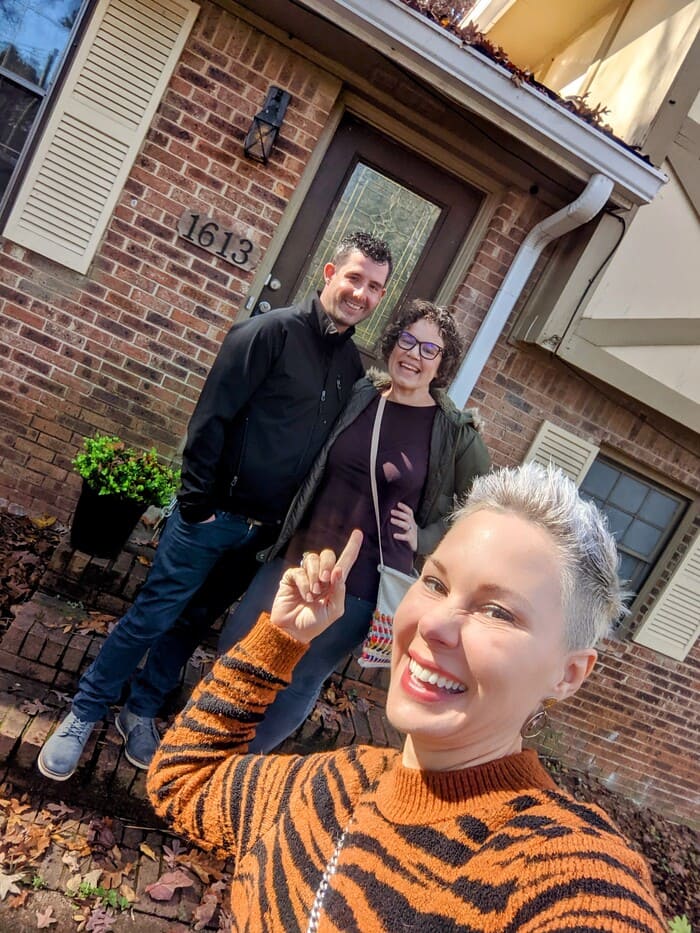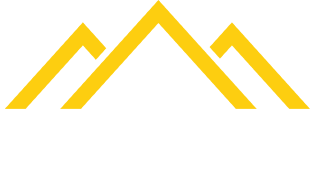Buyers Guide
follow the right steps
Are you Ready?
Are you ready for homeownership?
Owning a home may be your dream, but in order for the purchase to be the happy and satisfying experience it was meant to be, you need to ensure you are mentally and financially prepared for the responsibilities that come with it.
Why do you want to buy?
Are you tired of paying rent? Do you want to customize your space? Are you looking to build a second income stream? Have you outgrown your present home? Would you like to live in a different area? Having a clear sense of your reasons for buying will help you choose the right property.
Making the right decision
Property ownership is an excellent investment, whether you are looking for your dream home or an investment property. Owning real estate is one of the least risky ways to build equity or to obtain a greater return on your initial investment.
Get Pre-Approved
Preparing to buy
Before you start shopping for your new home, it is a good idea to get your finances in order.
Start by creating a file, as you’ll need this in order to obtain financing. Your file will contain your bank accounts and investments statements, last 2 years of tax returns and W2s or 1099s, insurance, property leases, and other important financial documents.
Check your credit
Your credit score will have an impact on the type of property you can buy and at what price, so you should check your credit rating to find out what you can afford. Your lender will research your credit ratings from the three credit reporting agencies: Equifax, Experian and Trans Union. We will be happy to provide you with a list of trusted lenders who consistently deliver outstanding service to our clients.
Get Pre-approved
A pre-approval letter from a lender will not only help you search for the home you want faster, since you know exactly how much you can afford, but it also shows sellers that you’re a serious buyer because you already have financing lined up.

Why Work With an Agent?
Don’t do it alone
There is so much more to hiring a buyer’s agent than getting access to available homes and someone to show you around.
Buying a property requires making important financial decisions, completing a lot of paperwork and understanding complex issues. You wouldn’t go into a courtroom without a lawyer, so why risk the biggest purchase in your life in buying a home without representation. We can guide you through this process, and also provide you with access to property listings before they hit the general market.
Choose the right agent
Interview a few agents which are familiar with the area in which you are interested.
Look for a full time agent who has completed many transactions similar to yours.
Ask about their experience and education. A good agent will continuously strive to improve and gain knowledge of the latest real estate trends. Ask how many transaction they have closed in the last year. You will want to be represented by an agent who is very active; experience comes into play when they are negotiating on your behalf as well as to keep you from making a mistake.
Ask for a list of references.
Choose an agent who listens attentively to your needs and concerns. Pick an agent, with whom you feel comfortable.

Go Shopping
Organize your priorities
Make a list of the features that you need and want in a home. This list will keep your feelings in check when visiting a home. Your agent will help you stay on track while still finding a great property.
Select areas
Drive around the neighborhoods that interest you and get a feel for what it would be like to own a property in that area. Start getting a sense of the homes available and prices.
Go on a tour
Select a few properties that interest you the most and have your real estate agent make appointments to visit them. Ask your real estate agent about the potential long term resale value of the properties you are considering. Research schools, length of commute to and from work and the convenience of local shopping.
Time to make a decision
When you’ve picked out the home you really want; your real estate agent will help you make an offer that the seller will consider. Be prepared for things like counteroffers or even rejections; however, keep in mind that negotiations are part of the process and having a good agent on your side will ensure that they can watch out for your best interests.

The Process
Binding agreement
Your offer has been accepted. Congratulations, you are on your way to owning your very own home! During the process your realtor will keep you constantly updated, so you will always be prepared for the next step. Make sure to follow your realtor’s advice so that the transaction will go as smooth as possible.
The period that you are under contract is often 30 days, but may be longer or shorter. During this time, each item specified in the contract must be completed satisfactorily. By the time you go under contract, you have come to an agreement with the seller on the closing date and the contingencies.
It is imperative that you keep in close communication with your lender, who will let you know when additional documents or information are needed to approve your loan.
Earnest money deposit
Part of putting a property under contract involves making an earnest money deposit. This deposit serves as a sign of good faith that you are serious in buying the home. This money will be held by a designated party in an escrow account, and assuming the sale goes through, this money will be applied to the purchase price of the home. If for any reason the sale is not consummated, you may be entitled to receive all of your deposit back. In certain instances, the seller may be able to retain this money as liquidated damages.
The Closing Agent
An attorney will be selected as a closing agent. The closing agent will examine the recorded history of the property to ensure that the title is free of defects. The closing attorney will also coordinate the issuance of title insurance to the lender and the new home owner. We always recommend that buyers obtain their own title insurance policies because even with the most accurate title examination, there can be hidden title defects.
Inspection and financing contingencies
Each contract is different, but most include the following contingencies:
- Inspection contingency: the inspection should be completed as soon as possible after the contract is signed as unsatisfactory results of the inspection may mean that you will want to renegotiate the terms of the contract or cancel it. We can recommend several different reputable and experienced inspectors.
- Financing contingency: once the contract is signed, you have a period of time to secure financing. If, for any reason, you are unable to secure financing during the period of time granted to you by the contract (and the seller will not provide a written extension of time), you must decide whether you want to remove the contingency and take your chances on getting a loan.
Appraisal
Your lender or financial institution will want to appraise the property in order to determine their investment in your property is accurate. They do so by hiring specialists called appraisers; an appraiser will determine the value of the property based on a combination of square footage measurements, building cost, recent sales of comparable properties, operating income, upgrades, etc.
Homeowner’s insurance
If you are obtaining a loan, you will be required by your lender to purchase a certain amount of insurance on the property. The value will depend on the lending institution and the purchase price of the property. It would be in your best interest to apply for insurance as soon as possible after the contract is signed. We will be happy to recommend knowledgeable insurance agents for your property type.
Utilities and home services
We will provide you with contact information to have utilities and services turned on by closing date.
Congrats!
Your loan has been approved and it’s almost time to close, but let’s not forget about these last details.
Final walk-through
The final inspection takes place the day before, or the day of the closing. This is to make sure that nothing has changed since you last viewed the property and that everything is in working order.
The Big Day: Closing Time
Depending on the amount of funds you have to bring at closing, you can have them wired electronically into the closing attorney’s escrow account, or bring a certified check. The closing attorney will provide all parties with a statement which summarizes all the details of the financial transaction. Once everyone agrees on this, then all documentation required by the lending institution will be signed.
You’ve made it! Once the sale has closed, you’re the proud owner of your new home.
Congratulations!

Are you ready to be our next happy story?
We would love to help you finding your dream Home
Search Now Your Home


Our Office
Office: (770) 776 6033
650 Hillcrest Rd NW, Suite 500, Lilburn, GA 30047
